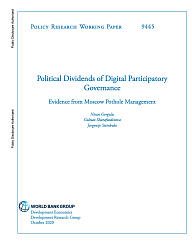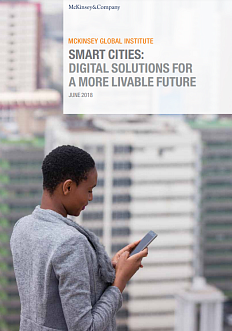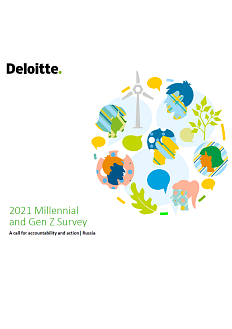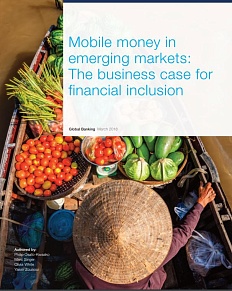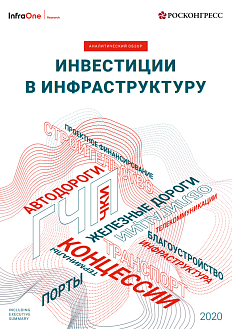This study takes advantage of a publicly salient policy sphere—road quality—in the Russian Federation’s capital city to explore the use of digital technologies as means of aggregating information and demonstrating government capacity and effectiveness.
It focuses on the potential link- age between road quality based on citizens’ complaints and electoral outcomes in two rounds of Moscow mayoral elec- tions in 2013 and 2018. The data on more than 200,000 online potholes’ complaints were collected and combined with local election data. The causal relationship between these two processes is established. Conditional on the municipal- and election year- fixed effects, each pothole complaint is associated with additional 29 to 44 votes for the incumbent and 18 to 27 votes increase in the margin of victory.
The Roscongress Foundation presents the salient points of the publication accompanied by fragments of broadcasts of relevant panel discussions from the business programme of international events held by the Roscongress Foundation.
Potholes can help the incumbent city government stay in power if they are filled in a timely way. This is an intriguing new finding that emerges from this study.
Authors look at the interrelationship between the usage of online platforms that allow Moscovites to complain about the quality of local roads by reporting the potholes in Moscow and the support for the incumbent in mayoral elections in Moscow. Authors leverage the geocoded data from these platforms as an indicator of digital public engagement with the local government in the process of co-production and analyze the effects of this engagement on voting using a panel of precinct-level voting data for 2013 and 2018.
These causal pathways appear plausible and might be at work simultaneously in the case considered in this study. However, it is important to highlight that numerous studies have shown that the degree of public participation itself is influenced by government responsiveness. These findings imply that the mere use of technology without the expected feedback from the government does not work to boost support for the authorities.
Furthermore, that each pothole complaint increases the number of votes for the incumbent by a considerably larger amount than one vote (specifically, the boost is anywhere between 29-44 votes), thereby implying that the causal mechanism is driven by something other than the impact on the individual who has engaged with the government.
Video: https://roscongress.org/sessions/umnyy-gorod-kto-mozhet-eto-sebe-pozvolit/search/#00:10:28.223
Other regional governments in Russia are aware of the political dividends of investing in digital and physical infrastructure and lobby the federal government for additional resources to capture those dividends.
Greater use of digital technologies (measured by potholes complaints) results in an increased number of votes and a higher margin of victory for the incumbent. These results highlight the role of digital technologies as a tool the authorities use to create participatory governance mechanisms and convey to the public an image of a transparent, responsive, and capable government.
Local governments can select issue areas of high salience for the voters to demonstrate effective governance and ripping political rewards. The case of road management and digital engagement in Moscow city demonstrates that ‘selective responsiveness’ is also a mechanism used in other electoral contexts. It also alerts to the fact that authorities can gain political advantage by focusing on highly visible (literally) issues such as pothole repair to gain electoral support.
For more information, please see the Infrastructure-based development special section of the Roscongress information and analytical system, Governance and Standards of living, and Digitalization.


